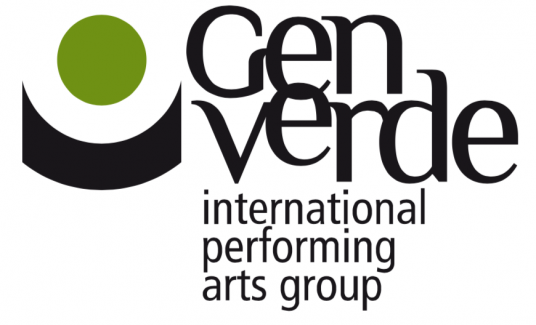Twenty years ago, in 1996, Chiara Lubich was awarded an Honorary Doctorate in Social Sciences from the Catholic University of Lublin in Poland, for having promoted dialogue as the key driving force for peacekeeping and peace-building in every context.
Chiara Lubich’s ‘charism of unity’ is at the forefront of dialogue today. The theory and praxis of dialogue has influenced the lives of many people of different cultures and religions, who have committed themselves to her spiritual vision that is embodied in the culture of unity. In a world where ethnic and religious differences often lead to violent conflicts, the spread of the charism of Chiara Lubich has contributed to constructive dialogue among persons, generations, social classes and nations.
Five areas of interest have been identified.
1. Dialogue among communities: between charism and institutions
2. Conflict resolution through dialogue
3. The agents of political change and participation processes
4. Individual processes, interpersonal and intergroup levels involved in conflict management and its prevention
5. Dialogue among disciplines and transdisciplinarity
Preference will be accorded those contributions able to use multidisciplinary approaches, coming from psychology, economics, pedagogy, politology, sociology and communication studies. A particular characteristic of innovative submissions should consist in a disciplined effort to bridge gaps between theory and practices. Only new and unpublished papers, which can bring added value to the empirical, theoretical, prescriptive and practical understanding and creative engagement of conflict and dialogue, will be selected.
The study of the methodological implications of the different forms of conflicts has provoked increasing interest in many disciplines: psychology, economics, sociology, education and media studies, management and organizational studies, human rights and so on. Today’s multi-faith and multicultural society has to cope with a global challenge: mutual understanding and resolving conflicts. In our contemporary world, dialogue is hailed as a progressive necessary force, and is heralded as the main currency of statecraft, diplomacy, negotiation, mediation and peace-building. Hence, experts from different backgrounds agreed that it is imperative to explore intercultural and interreligious dialogue as key to promote mutual understanding among people, cultures, institutions and religions.
Keynote speakers:
- Adam Biela, psychology and sociology (John Paul II Catholic University of Lublin, Poland)
- Catherine Belzung, neurobiologist (University François Rabelais of Tours, France)
- Mauro Magatti, sociologist (Catholic University of Sacred Heart of Milan, Italy)
- Katarzyna Olbrycht, pedagogist (University of Silesia, Katowice, Poland)
- John Raven, psychology, The University of Manchester, Scotland and John Paul II Catholic University of Lublin, Poland
- Marina Santi, pedagogist (University of Padova, Italy)
- Bogusław Śliwerski, pedagogist (Chairman of the Committee of Pedagogical Sciences PAN, Poland)
- Krzysztof Wielecki, sociologist (Cardinal Stefan Wyszynski University, Warsaw, Poland)
- Stefano Zamagni, economist (University of Bologna, Italy)
Important dates:
30th March 2016 – Deadline for submissions of abstracts and registration
20th April 2016 – Reply from the scientific committee
20th May 2016 – Deadline for submissions of extended papers and payment
Contacts:
For the congress registration and the paper submission, please email to: congresslublin2016@gmail.com


 Italiano
Italiano Español
Español Français
Français Português
Português



No comment